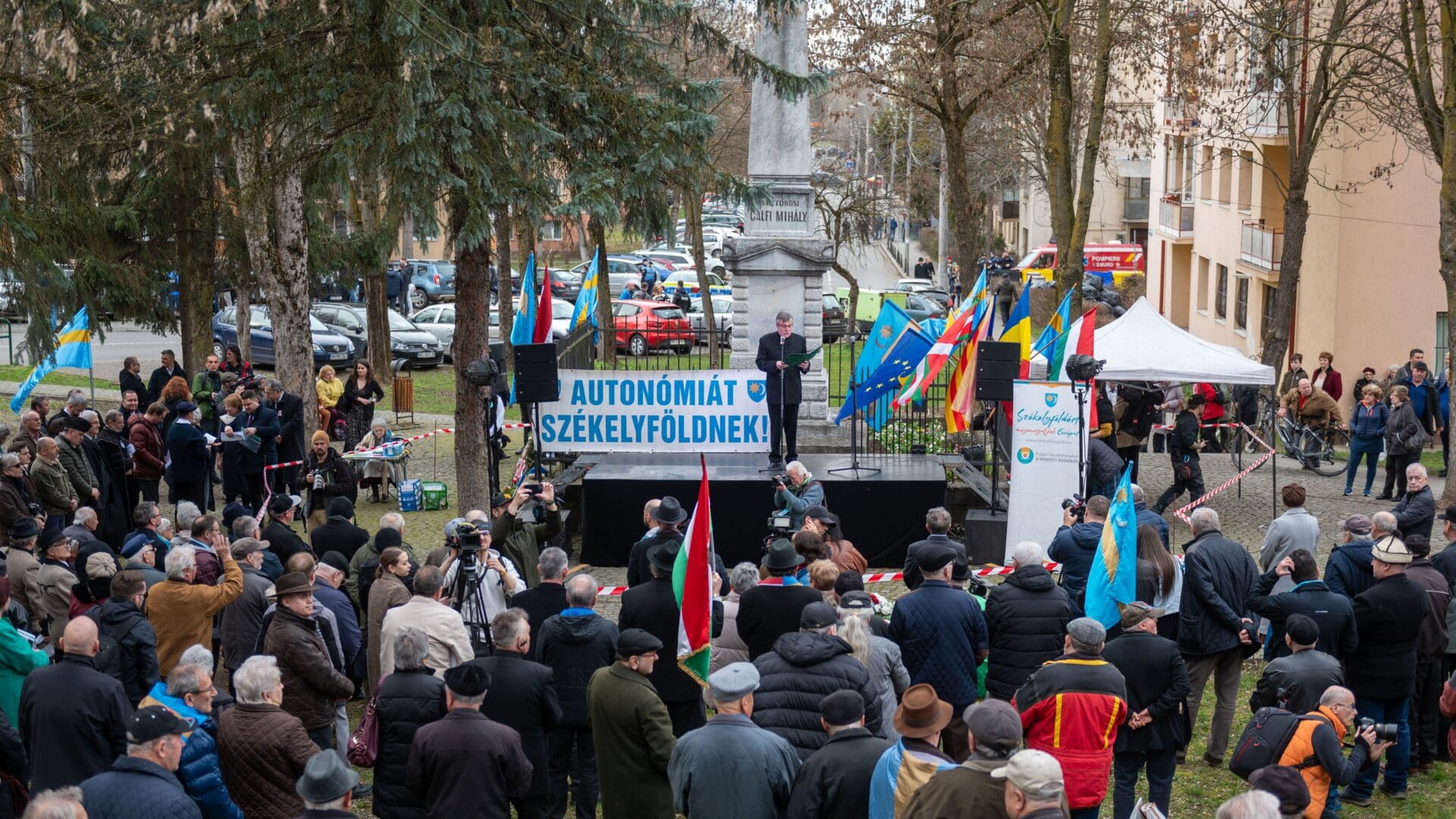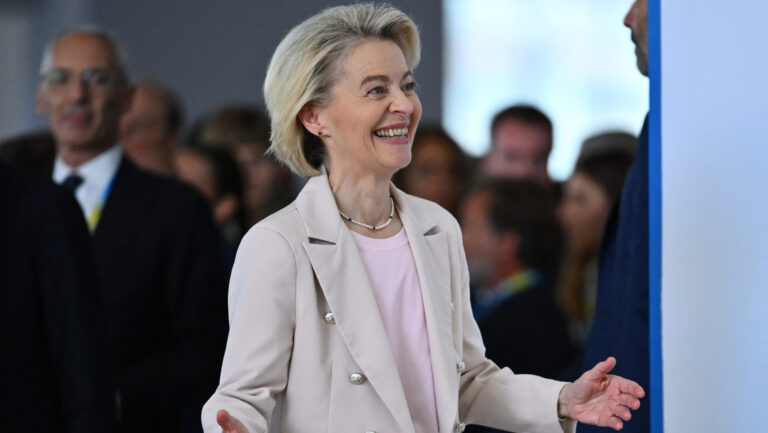The following is a translation of an article written by Csilla Varga, a researcher at the University of Public Service Institute for Strategic Studies, originally published on Ludovika.hu.
On 6 March, UN Special Rapporteur on Minority Issues Fernand de Varennes published the Proposal for a Draft Global Convention on the Rights of Minorities attached to his annual thematic report. The rapporteur submitted his annual thematic report to the UN Human Rights Council at the end of January 2023, for the Council’s 52nd session, which is taking place between 27 February and 31 March this year.
In accordance with the established practice, special rapporteurs submit annually their thematic report on the activities, events, and experiences of the previous period. Among others, this year’s report on minority issues (A/HRC/52/27) also commemorates last year’s 30th anniversary of the adoption of the UN Declaration on the Rights of Persons Belonging to National or Ethnic, Religious and Linguistic Minorities.
To compile the report, in 2022 de Varennes consulted with numerous minority representatives, experts, minority NGOs, international and regional organisations, and many others concerned. In addition, the recommendations and conclusions of the regional minority forums organised by the UN and other actors since 2019 also provide a basis for the compilation of annual reports. The minority rapporteur emphasised that perhaps the most important achievement of this year’s report is the Proposal for a Draft Global Convention on the Rights of Minorities, the creation of which has become urgent and in connection with which the UN can initiate the process that would later end with the adoption of a legally binding document.
The draft convention attached to the report was published two weeks ago, discussing an extremely significant part of topics important to minorities, including some neuralgic, currently highly disputed issues.
The draft calls on the United Nations to take stricter and more effective measures to protect and recognise the human rights of minorities,
as the human rights situation of many minorities in the world is increasingly deteriorating. In order to improve and solve this, it would be necessary to adopt a legally binding document, for which the special rapporteur—with the contribution of several civil actors and international organisations—prepared the first draft of a global document. A significant part of the proposals covers the recommendations of the regional forums of the UN held since 2019 and includes the proposals of the representatives and organisations of the mentioned civil and international spheres, too.
The draft highlights, among other things, the provision of the right to the full enjoyment, individually and collectively, of all human rights to every person belonging to a national or ethnic, religious and linguistic minority. According to the draft, states should ensure, ‘in good faith, the active, free, effective, meaningful, and informed participation of minorities, individually and collectively, in decision-making processes that may affect their rights.’ The draft addresses the importance of identity, too: ‘minorities have the right to maintain their identities and not to be subjected to involuntary assimilation or destruction of their culture, religion or belief or language’, it says, and they have to be protected against any act that deliberately changes the demographic composition of a region in which they are living. The draft proposes that minorities ‘shall have the right to have free and unimpeded contacts and engagement with the persons and communities of other countries with whom this minority shares ethnic, religious or belief, cultural or linguistic features or identity.’ The document also states that, in accordance with international human rights norms, it shall be ensured that ‘the cultural heritage of minorities is protected, preserved, developed, enriched, and transmitted’, including historical sites, monuments, works of art, and literary works. States Parties, the draft says, shall also provide institutional, financial or other support to minorities, individually and in community, on a non-discriminatory basis. For example, in Article 19 about citizenship, the document explains that
‘States Parties shall not arbitrarily or discriminatorily deny or deprive minorities of full and equal citizenship.’
Additionally, ‘in the regions or territories in which significant numbers of a minority reside or are in a majority (…), minorities shall be entitled in particular to the enjoyment of, and empowered through, appropriate forms of autonomy or self-governance’, in which they can make their own decisions on matters such as education, culture, religion, and the use of minority language, including in social media platforms. Besides, States Parties undertake to draw geographic boundaries of electoral districts to facilitate the equitable representation of minorities, and to adopt legislation to prevent the drawing or manipulation of electoral district lines in a manner that discriminatorily excludes or reduces the representation of minorities. Several articles can be found in relation to education, too, for example, that public education in minority languages shall be accessible and actively encouraged, and that ‘pre-school, kindergarten, and primary education shall be mainly conducted through the medium of the minority language where practicable’.
The Optional Protocol to the Convention on the Rights of Minorities on a communication and reporting mechanism attached to the draft convention states that a Committee on the Rights of Minorities consisting of eight experts shall be established, whose members shall be elected for a term of four years by States Parties, ‘consideration being given to equitable geographical distribution (…), balanced gender representation and participation of experts belonging to national or ethnic, religious or belief and linguistic minorities’.
In addition to the above, the draft convention includes several other provisions the most positive characteristic of which is that they formulate concrete and ambitious goals and provide guidelines and answers to the currently existing minority problems. The adoption and implementation of the document could provide effective solutions to the long-standing disputes and violations of rights regarding minority rights.
The ‘fate’ of the draft is still unknown for the time being, however, possible future talks on or even the adoption of the draft will, or would, require a long coordination process on the part of UN Member States.
Click here to read the original article








